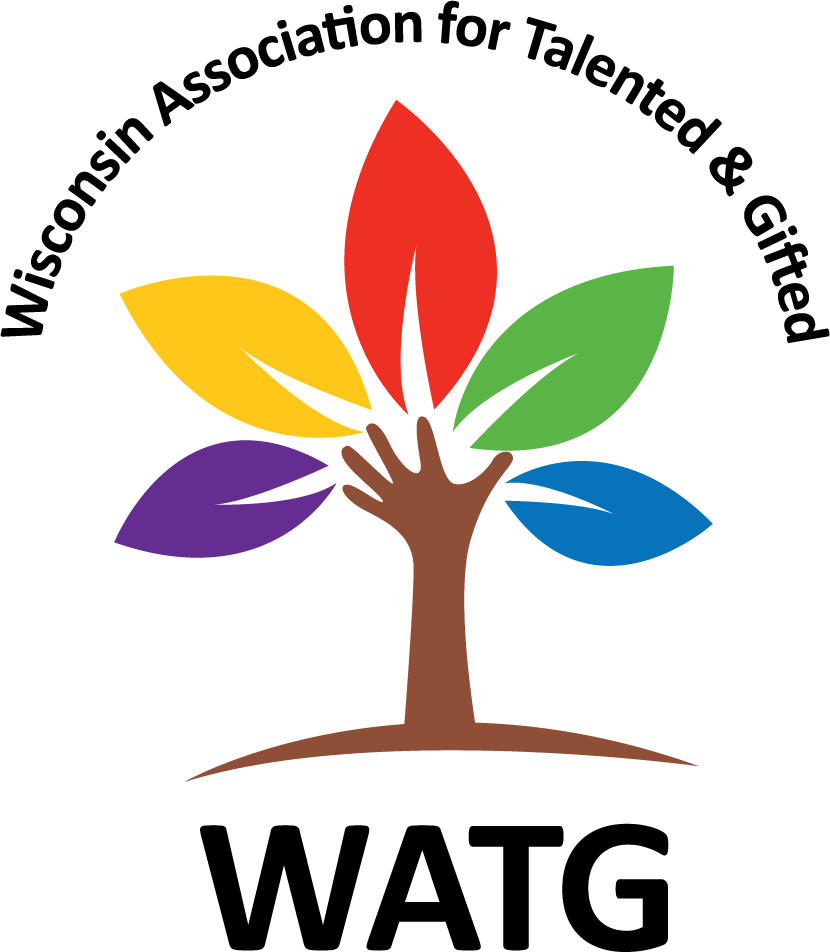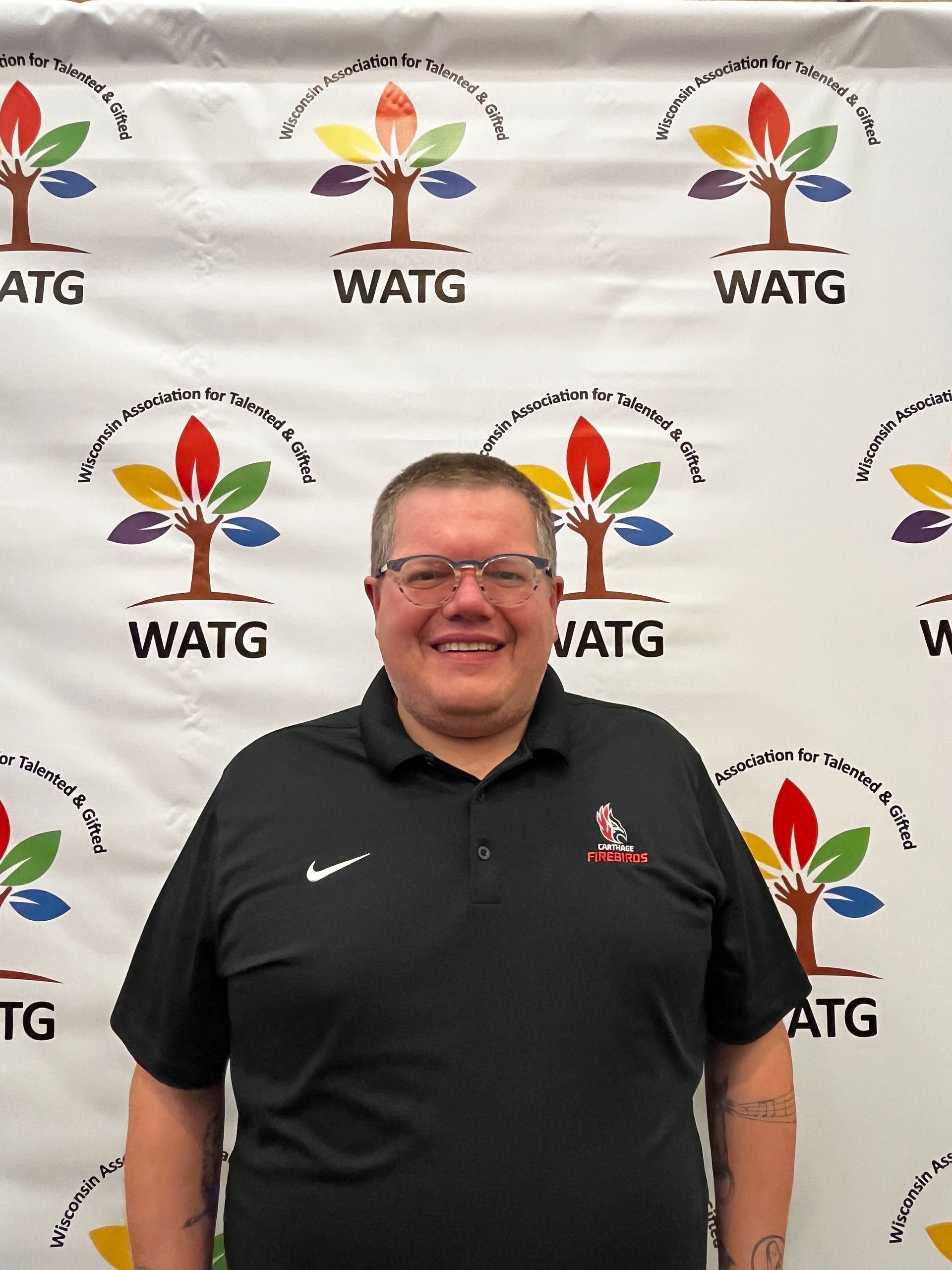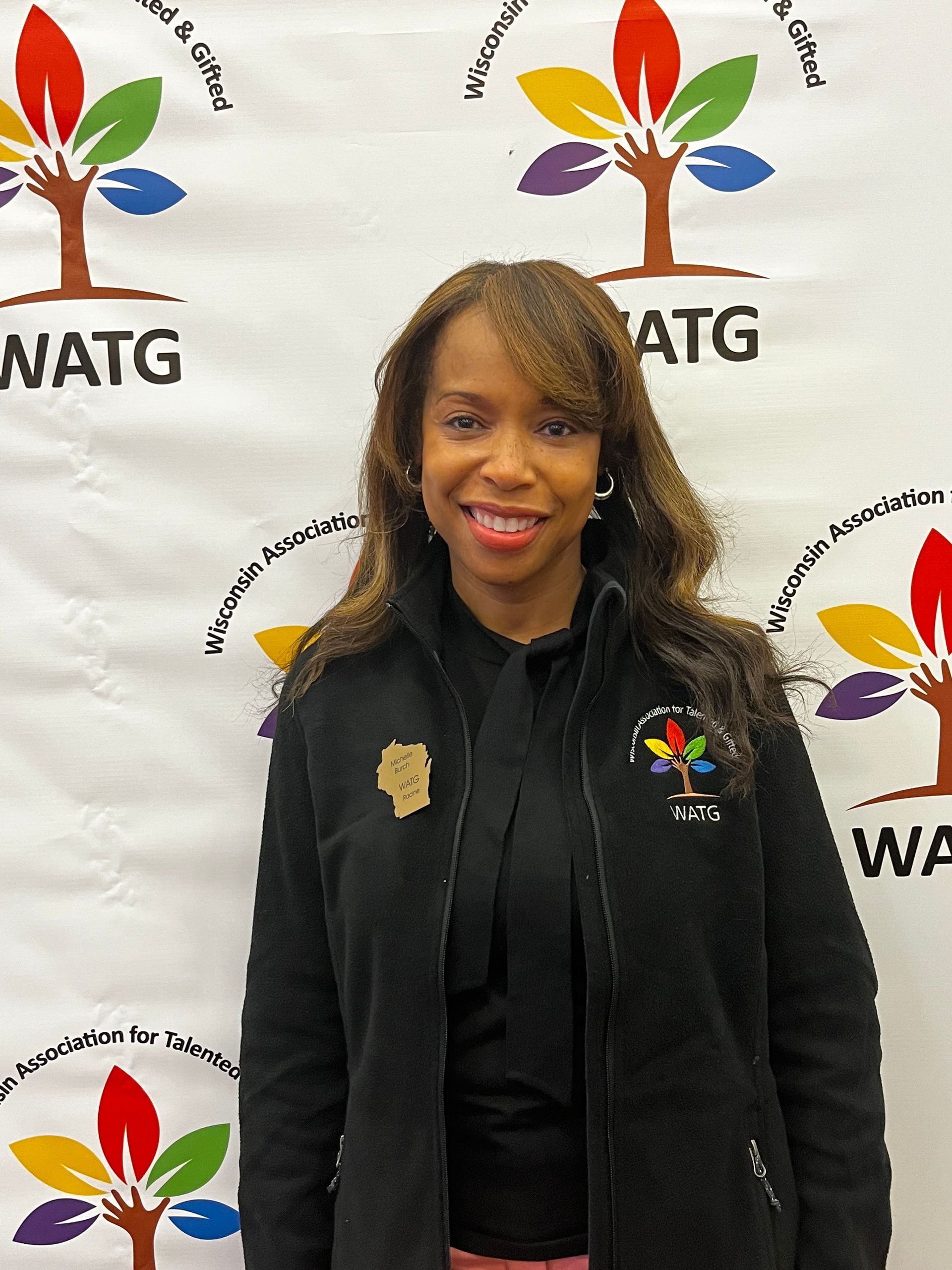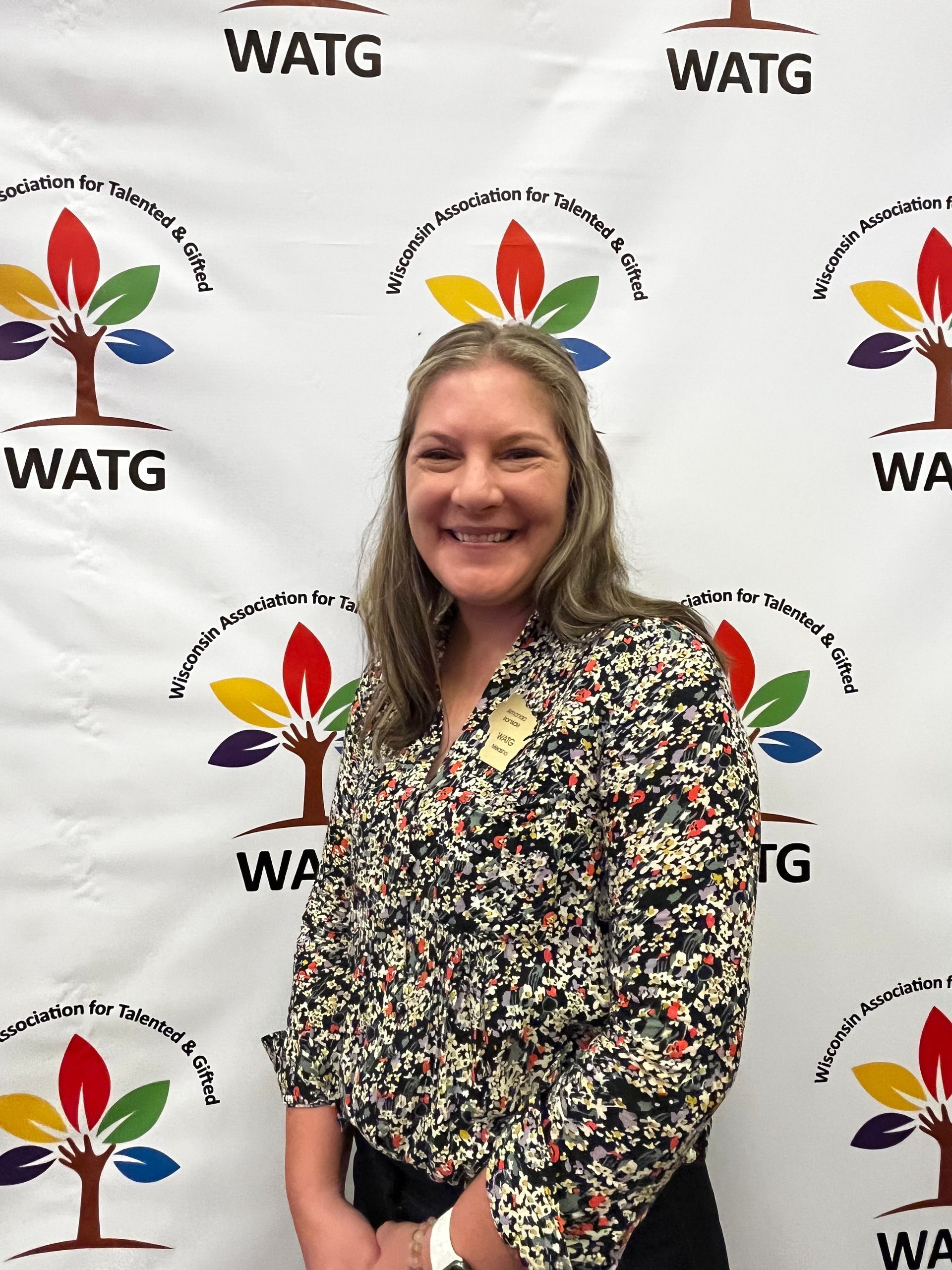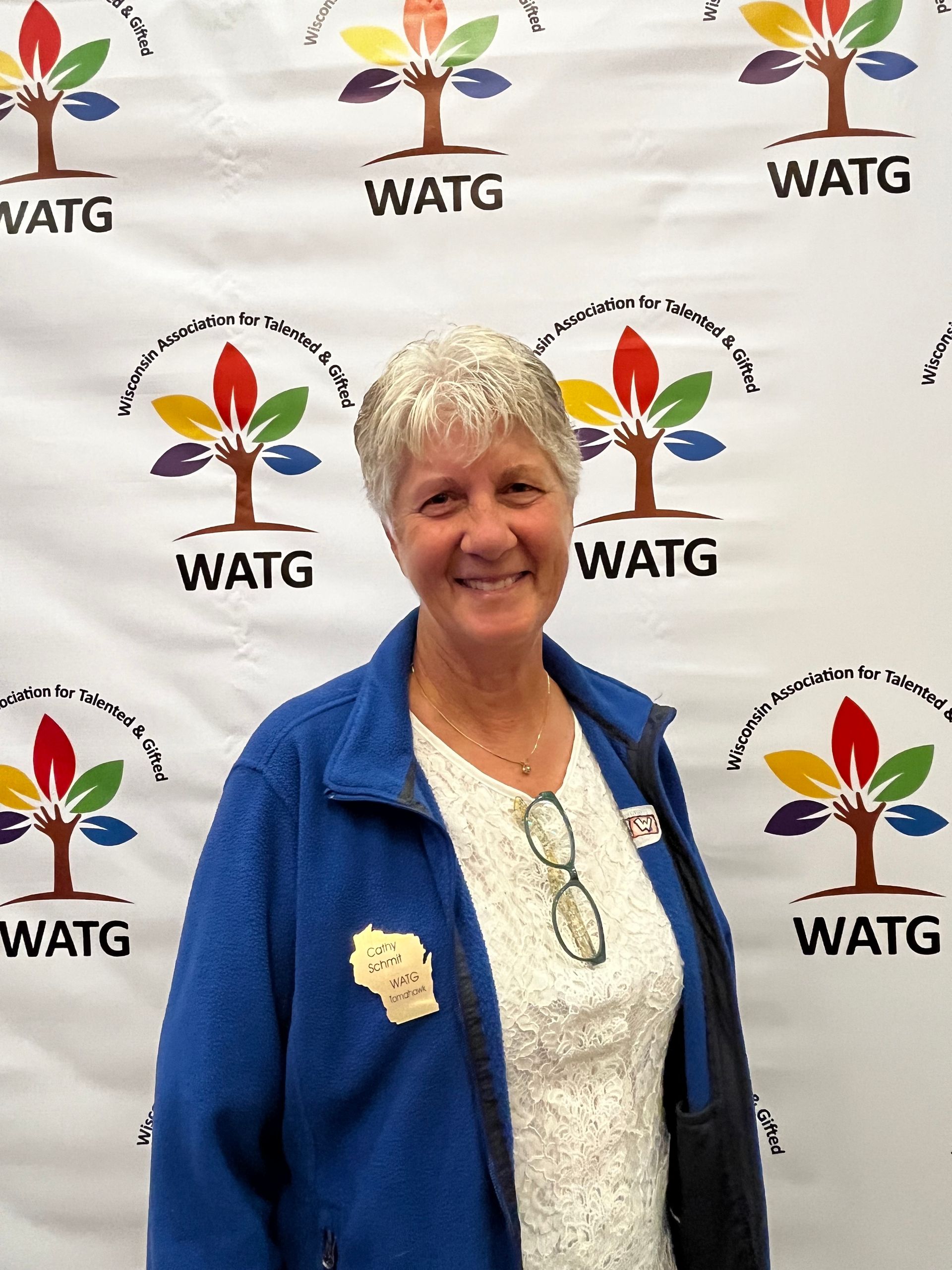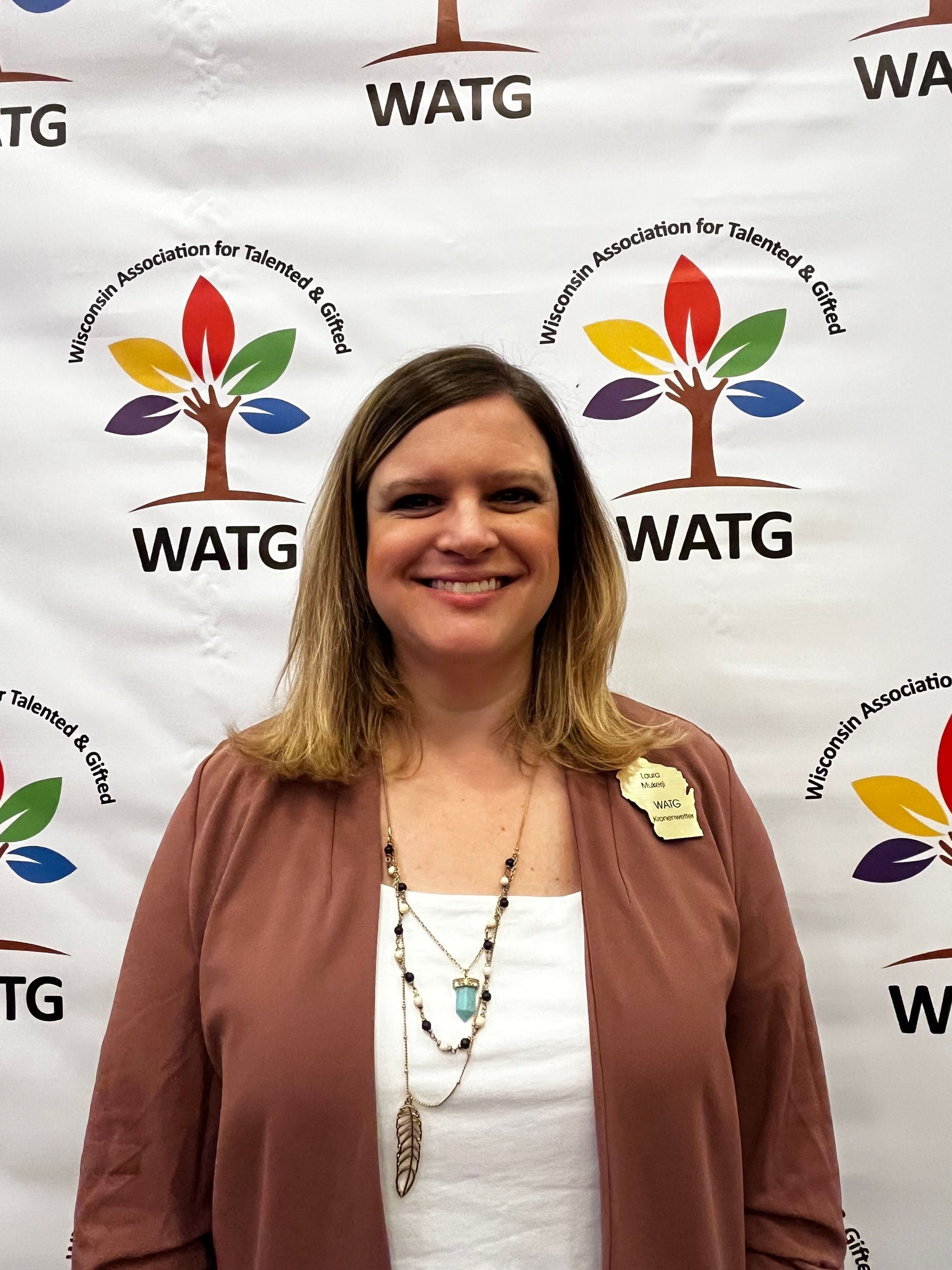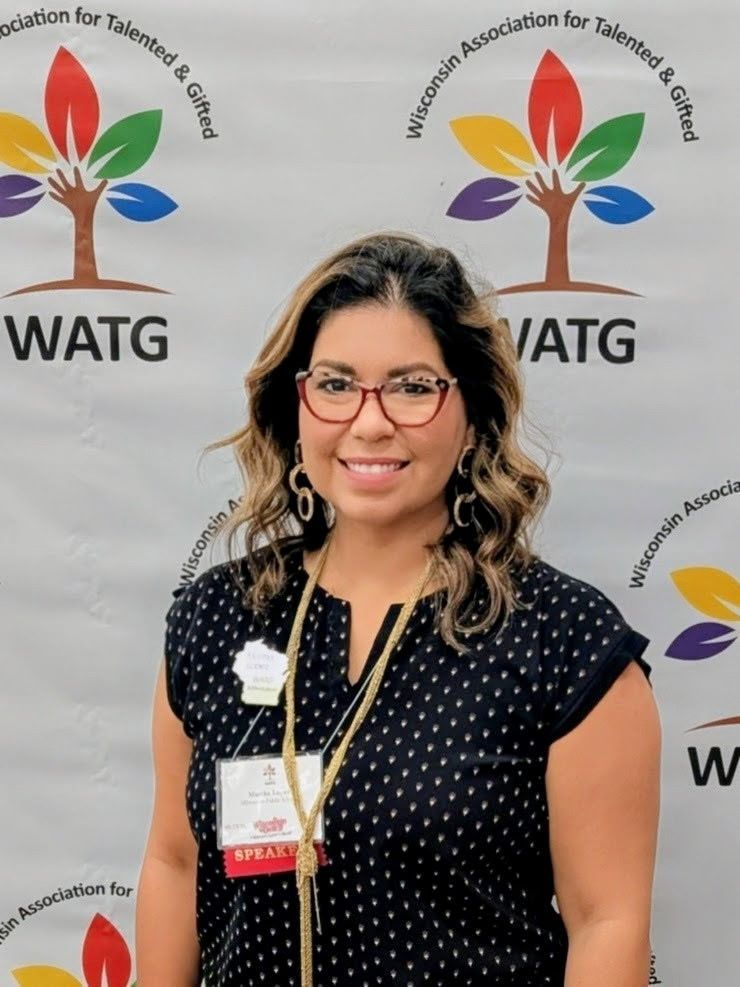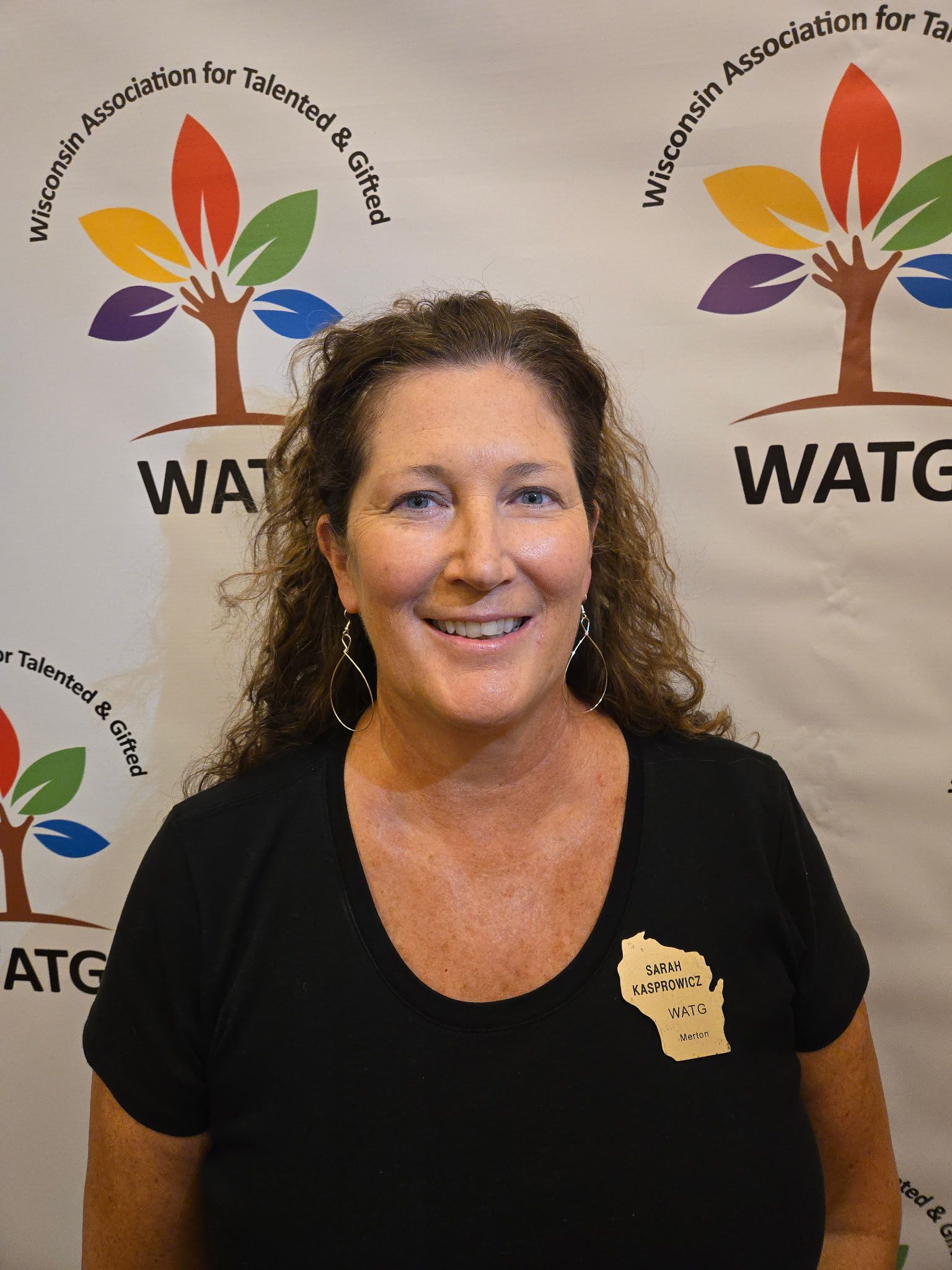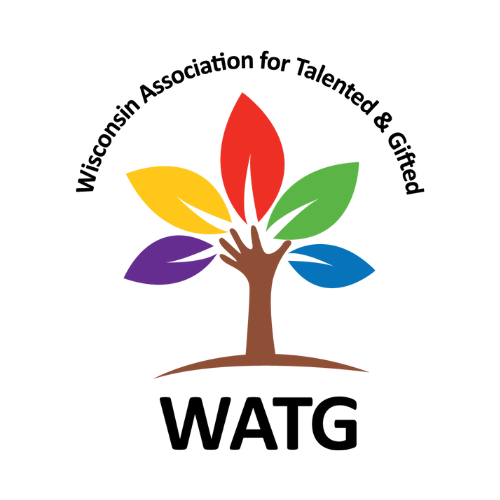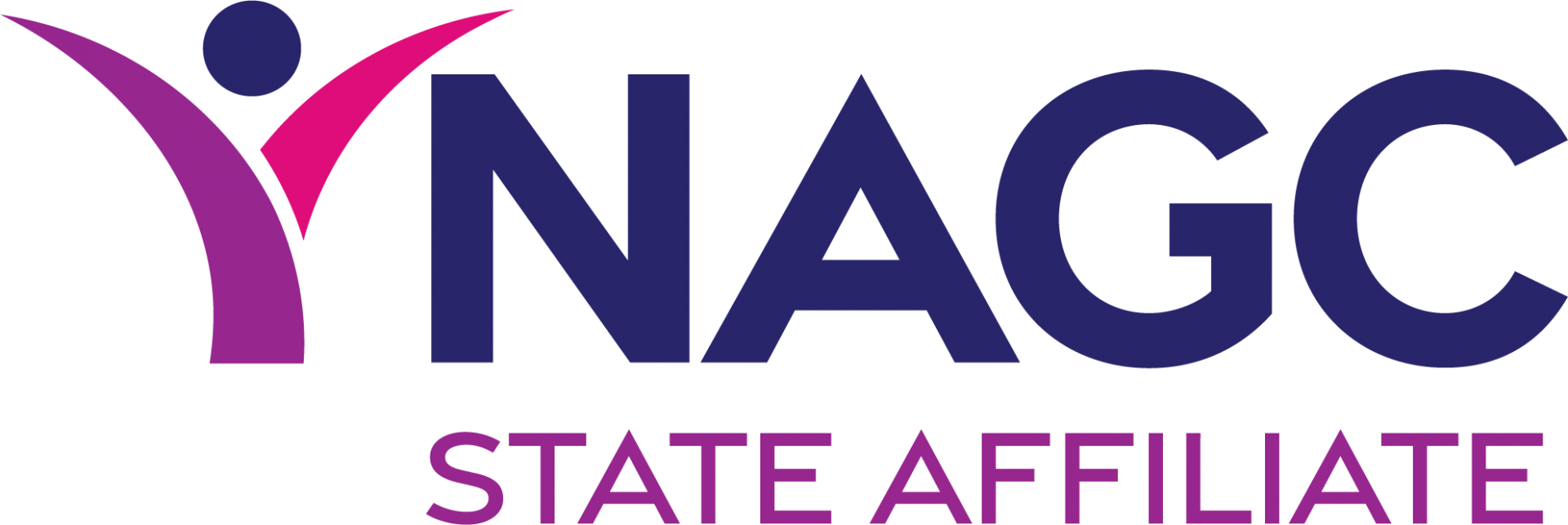The Power of Extracurricular Activities
Gifted students possess exceptional intellectual and creative abilities, but these talents often require nurturing beyond the traditional classroom setting. Extracurricular activities play a vital role in a student’s development by offering opportunities to develop critical life skills and explore their identity while learning essential skills for future career success. For gifted students, participation in activities such as Forensics, Robotics, Coding, Model United Nations (Model UN), Future Business Leaders of America (FBLA), and Destination Imagination not only enhances academic growth, but also provides a foundation for lifelong achievement.
Engagement in extracurricular activities fosters critical thinking, leadership, communication, and teamwork – skills highly sought after in professional environments. For gifted students, these activities offer an outlet to apply their advanced cognitive abilities in real-world contexts, making learning both meaningful and dynamic. It also provides opportunities for students to experience new skills that they may have to work on to master. Here is a look at some typical extracurricular activities offered in schools today:
Forensics (Speech and Debate): Gifted students with strong verbal and analytical skills thrive in Forensics, where they refine public speaking, persuasive argumentation, and quick thinking. These skills are invaluable in careers such as law, journalism, and politics, where articulation and critical reasoning are paramount. Many current adults, whose jobs require frequent speeches in public, credit their middle and high school Forensics experience as the foundation for their success.
STEM Clubs: STEM-oriented gifted students benefit immensely from robotics, coding, and drone clubs, which foster innovation and problem-solving. Participation in competitions like FIRST Robotics or drone racing prepares students for careers in engineering, artificial intelligence, and software development. Additionally, many careers in the STEM field haven’t even been created yet.
Model United Nations (Model UN): Model UN sharpens students’ understanding of global affairs, diplomacy, and negotiation. Many future diplomats, policymakers, and international business leaders trace their interest in global engagement back to Model UN experiences.
Future Business Leaders of America (FBLA):
FBLA provides gifted students with practical exposure to finance, marketing, and entrepreneurship. Through case competitions and leadership conferences, students gain hands-on experience that directly translates to success in business, management, and economics.
Destination Imagination: This program fosters creativity, problem-solving, and teamwork through project-based challenges in science, technology, engineering, arts, and mathematics (STEAM). Many students who participate in Destination Imagination go on to pursue careers in creative fields, engineering, and innovation-driven industries.
For some gifted students, extracurricular activities do not just enhance career prospects – they become the career itself. Competitive coding can lead to early recruitment by top tech firms, and debate champions often transition into high-profile legal careers. Similarly, young entrepreneurs emerging from FBLA competitions may launch startups before completing college. Robotics and engineering contests have also led many students to internships and full-time careers in tech giants such as Google, Tesla, and NASA. And in Wisconsin alone,100,000 new jobs as drone pilots will be needed this year.
Extracurricular activities provide gifted students with exceptional advantages, equipping them with the skills, experiences, and networks essential for professional success. Whether as a stepping stone to a traditional career or as a foundation for an entrepreneurial venture, participation in these activities can shape the course of a student’s future. Encouraging gifted students to engage in extracurricular pursuits is not just an investment in their education – it is an investment in the future of innovation, leadership, and progress.
By Amy Stenzel, WATG Board Member
